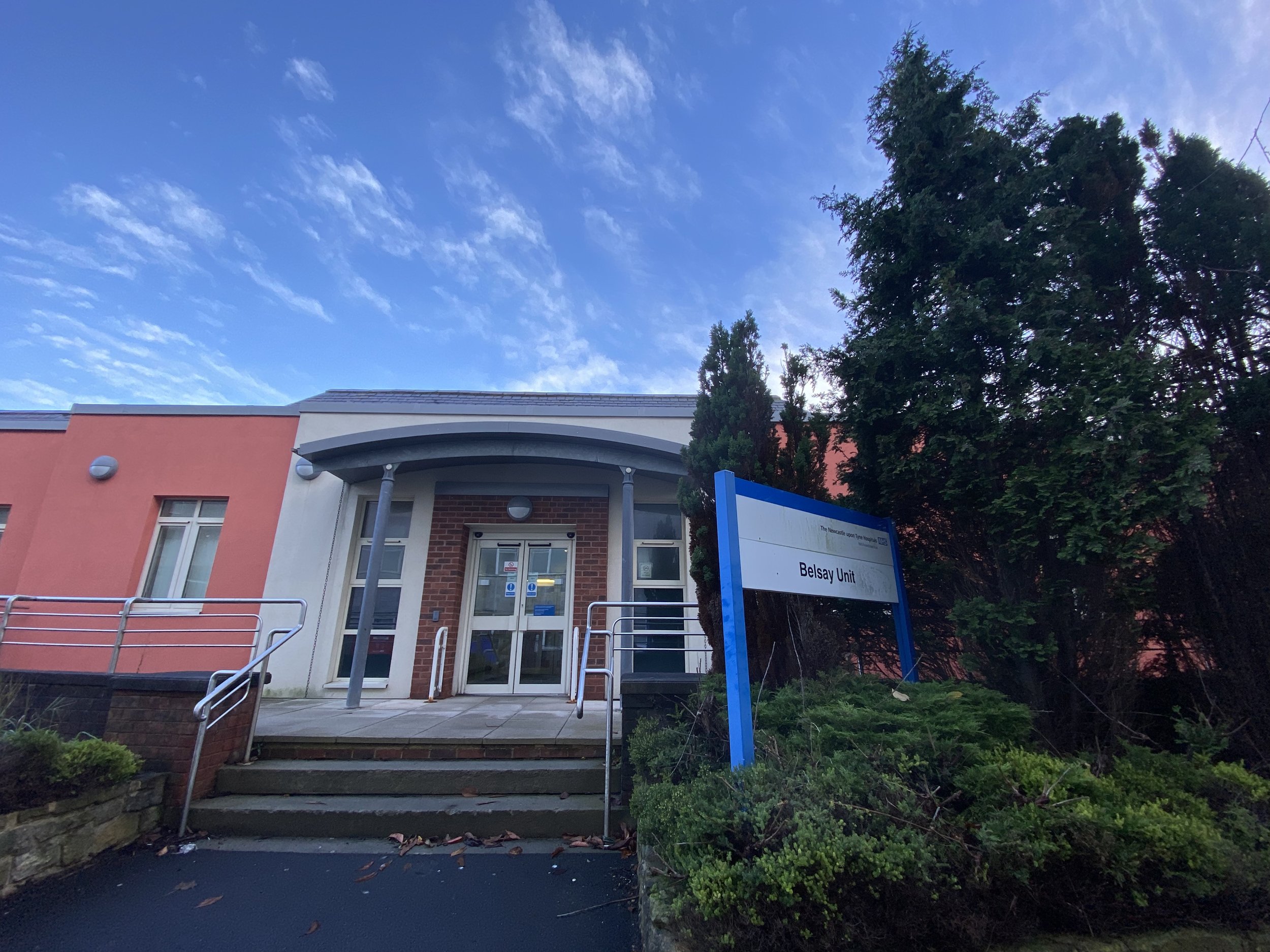Infrastructure
NIHR Newcastle BRC
Our research is closely linked to and supported by the Digital Health Technologies theme and the Dementia and Mental Health theme within the NIHR Newcastle Biomedical Research Centre.
Digital Health, Ageing Innovation and Inclusion theme: Led by Prof Lynn Rochester and Prof Paul Watson, this theme aims to use Digital Health Technologies to detect long-term conditions in their early stages (e.g. detecting pre-dementia stages), and monitor the progress of these conditions to inform the development of research, treatments, and healthcare management. Supported by Emerging Leader Dr Silvia Del Din and PPIE Lead Dr Ríona Mc Ardle.
Dementia, Mental Health and Neurodegeneration theme: Dementia and mental health in old age are priority research areas for the NIHR given their profound societal and economic impact particularly in the Northeast and Cumbria. The theme will focus on translational research which can bridge the bench to bedside gap and, critically, reach into the community. Supported by Emerging Leader Prof Alison Yarnall and PPIE Lead Dr Rachael Lawson.
Clinical Ageing Research Unit (CARU)
The Clinical Ageing Research Unit (CARU) is a £5.5 million clinical research facility, which aims to facilitate the development of early assessment and intervention strategies targeted at age-associated degenerative conditions.
The Unit Director for CARU is Prof Nicola Pavese, Professor of Clinical Neuroscience at Newcastle University and Consultant Neurologist at Newcastle upon Tyne Hospital NHS Foundation Trust (NuTH). Within BAM, Prof Alison Yarnall is Deputy Director of CARU.
CARU provides a high quality, patient-friendly environment for phase II-IV clinical studies in participants with age-related conditions. They employ experienced research nurses with specific training in commonly used, relevant assessment instruments.
Dr Lisa Alcock leads the Gait Laboratory at the Clinical Ageing Research Unit. The laboratory portfolio covers a variety of studies (feasibility, observational, longitudinal, C-TIMPS, RCTs) with a range of patient groups (neurodegenerative, neuromuscular, neurogenetic). We collaborate closely with patient organisations, stakeholders, academic and clinical researchers both nationally and internationally, and industry partners. Research from the laboratory specialises in the following;
Establishing standardised operational procedures for characterising mobility loss as a result of ageing and in a variety of patient cohorts.
Validating (accuracy, reliability, technical and clinical validity) measurement outcomes for clinical and regulatory endorsement.
Generating actionable insights supporting the development of targeted treatments/therapeutics.
Evaluating novel treatments and therapeutics targeting mobility impairment.
Translating discoveries in laboratory-based research to real-world application of mobility monitoring.
Clinics for Research Themed Assessment (CRESTA)
The Clinics for Research Themed Assessment (CRESTA) are one-stop, multi-disciplinary clinics centred on the needs of older patients, as well as a prime source of research inspiration for clinical academics engaged in valuable research as part of the NIHR Newcastle Biomedical Research Centre.
The CRESTA clinics were created by the Pro-Vice Chancellor for the Faculty of Medical Sciences, Professor David Burn, to improve the healthcare provision of a range of complex disorders. They provide a unique value, as they eliminate the need for patients to attend different clinics on various days for their multiple conditions.
Belsay Day Unit
The Belsay Day Unit offers comprehensive geriatric assessment clinics with specialist nurses, doctors, physiotherapists and occupational therapists. Working together, they carry out a holistic and multidisciplinary assessment of each patient’s medical conditions and functional abilities.
Multisensory Perception and Cognition Laboratory
Dr Annette Pantall leads the Multisensory Perception and Cognition Laboratory, based in the Henry Wellcome Building at Newcastle University. Equipment includes a 32 channel wired Shimadzu functional near infrared spectroscopy (fNIRS) machine, treadmill, Vicon cameras, screen for virtual reality experiments and a two PLUX wearable sensors kits.







